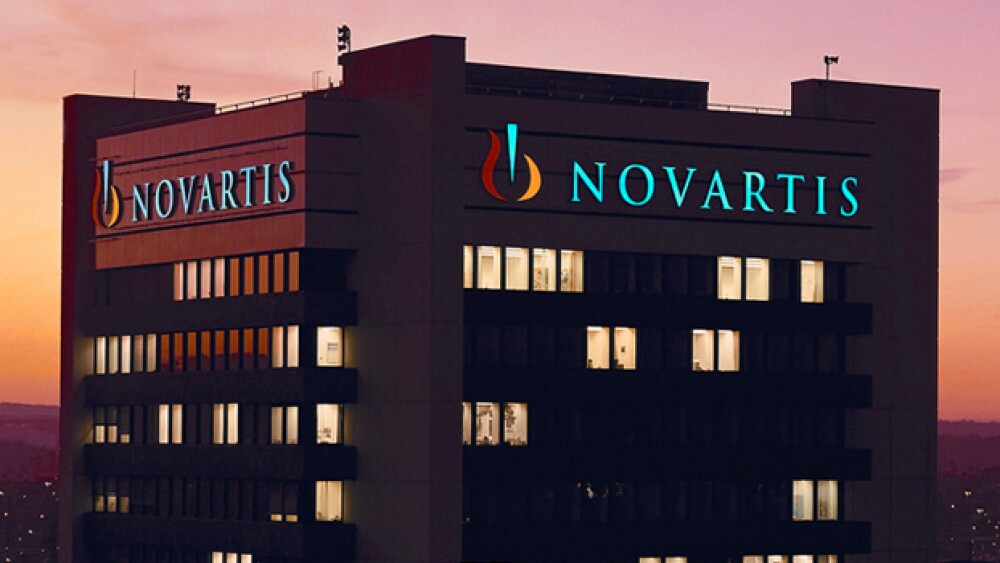Swiss pharma giant Novartis could be on its way to securing regulatory approval for its secondary progressive multiple sclerosis (SPMS) treatment siponimod.
Swiss pharma giant Novartis could be on its way to securing regulatory approval for its secondary progressive multiple sclerosis (SPMS) treatment siponimod.
This morning the company announced that both the U.S. Food and Drug Administration (FDA) and European Medicines Agency (EMA) have accepted the company’s New Drug Application (NDA) and Marketing Authorization Application (MAA) respectively. In April, Novartis released additional data from its Phase III EXPAND trial that showed siponimod-dosed patients gained a significant benefit in cognitive processing speed. That data came about one month after Novartis published data that showed multiple sclerosis drug siponimod generated significant improvements in patients, including a 21 percent decrease in the risk of disease progression.
This morning Novartis said siponimod can substantially impact the lives of the SPMS patients and its goal is to bring the treatment as quickly as possible to them. To do so, Novartis said it used a voucher to expedite the review of siponimod. Novartis anticipates a ruling of March 2019 in the United States. It expects a regulatory ruling in Europe sometime in late 2019, the company said.
Paul Hudson, chief executive officer of Novartis Pharmaceuticals, said siponimod is the first investigational medicine to show a significant delay in disability progression in typical SPMS patients.
“With siponimod, we underpin our strong commitment to the MS community by reimagining care for people whose lives have been considerably disrupted by this devastating illness. We are closely working with the FDA and EMA to ensure siponimod is available for patients as soon as possible,” Hudson said in a statement.
The Phase III results not only showed the aforementioned reduction of disease progression, but data also demonstrated that siponimod, a selective modulator of specific subtypes of the sphingosine-1-phosphate (S1P) receptor, resulted in a 23 percent reduction of brain volume loss, limited T2 lesion volume from increasing by a mean of about 80 percent, cut the annual relapse rate by 55 percent and showed reduced disease progression to about 26 percent at six months.
There are approximately 2.3 million people affected with multiple sclerosis worldwide. SPMS is characterized by gradual worsening of neurological function over time, which leads to a progressive accumulation of disability that is largely disassociated from relapses. SPMS can severely affect patients’ abilities to carry out everyday activities. Novartis noted that more than 80 percent of people with relapsing-remitting MS, which is the most common form of the condition at diagnosis, go on to develop SPMS, with or without relapses.
Approval of siponimod would certainly be a feather in the cap of Novartis, which has a strong MS pipeline that includes the blockbuster treatment, Gilenya. Last year the drug brought in about $3 billion for the company, but the medication will soon lose patent protection and will be faced with challenges from generic treatments. In addition to Gilenya, Novartis also markets Extravia as a treatment for relapsing forms of the disease.





